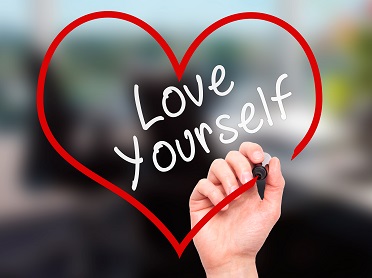Do you feel worn out and stretched thin? Many people feel this way at the end of the year, making it the perfect opportunity to pause and reassess. While there’s pressure to set ambitious goals for 2025, pushing yourself when you’re already exhausted can lead you closer to burnout. Instead of adding more to your plate, focus on rest and reflection to start the new year with energy and intention.
What is burnout?
Burnout is a state of physical, emotional, and mental exhaustion caused by prolonged stress in your professional and/or personal life. It differs from stress in that stress is usually short-term and tied to specific situations, whereas burnout is a long-term condition that builds up over time. Some common signs of burnout include:
- Physical symptoms like headaches, digestive issues, fatigue, frequent illnesses, and changes in sleep or appetite.
- Feelings of cynicism, helplessness, incompetence, and isolation.
- Dissatisfaction with both work and personal life, as well as a decreased sense of accomplishment.
- Detachment from responsibilities that cause you to feel disengaged or disconnected from things that once mattered.
If it’s not addressed, burnout can seriously impact your overall health, relationships, and productivity.
5 ways to prevent burnout
The good news is that burnout is preventable! If you know what signs to look for and take steps to manage stress, you can avoid falling into this exhausting cycle. Here are 5 ways to prevent burnout and take charge of your well-being in the new year:
1. Prioritize rest.
You may not have full control over the demands that come your way, but you can control how you take care of yourself. Rather than waiting for burnout to force you into rest when you least expect or want it, you can build habits of rest now. You can prioritize rest and recovery by getting at least 7-9 hours of sleep every night, taking small breaks throughout the day, and making time for relaxation.
2. Find healthy ways to manage stress.
Ignoring stress won’t make it go away. Avoiding it means it will just build up and negatively impact your mental, emotional, and physical health. That’s why it’s important to take a proactive approach by finding healthy coping strategies that work for you. Some examples of healthy coping strategies include deep breathing, meditation, physical activity, doing hobbies, or anything else that helps you switch off and relax.
3. Learn to set boundaries.
It’s easy to fall into the trap of saying “yes” to everything because you want to please others or don’t want to miss out. But committing to too much is unsustainable. When you know what truly matters to you, you can confidently say “no” to things that don’t align. Start small: be mindful of your time, say “no” without guilt, and explain your reasons when necessary.
4. Have self-compassion.
People who are prone to burnout often set high standards for themselves and can be self-critical. If that’s you, you might feel guilty when you don’t measure up and push yourself even harder. Unfortunately, this will only keep you stuck in a cycle of exhaustion and frustration. Replace self-criticism with self-compassion by acknowledging your efforts, accepting that it’s okay to have setbacks, and treating yourself with the same care you’d give a friend.
5. Ask for support.
You might feel that you have to do everything on your own and that asking for help means you’re weak or have somehow failed. This is a common misconception, but the truth is everyone needs support, and asking for help is a strength, not a weakness. Recognizing when you need support shows self-awareness and emotional intelligence. It’s a way of taking care of yourself and ensuring that you can continue to perform at your best.

